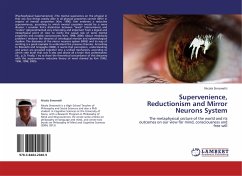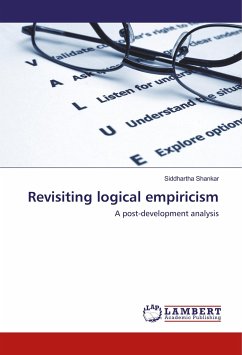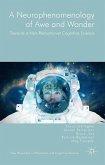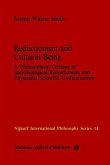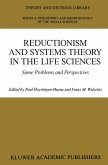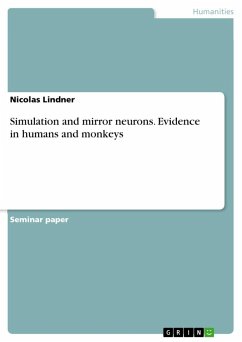[Psychophysical Supervenience] "The mental supervenes on the physical in that any two things exactly alike in all physical properties cannot differ in respect of mental properties" (Kim, 1996). Kim endorses a reductive supervenience, according to which mental causation would be a mere illusion. I consider Kim s distinction between levels (micro/macro) and orders (physical/mental) very interesting and important from a logical and metaphysical point of view to clarify the causal role of some mental properties and notably consciousness (Kim, 1998; 2006). About mind/body problem I endorse the theories of ontological monism and epistemological dualism. The discovery of the mirror neurons system (MNS) and its way of working is a good example to understand the previous theories. According to Rizzolatti and Sinigaglia (2006), it seems that perception, understanding and action are grouped together into a unified mechanism, according to which "the brain that acts is also and above all a brain that understands" (Ib., p.3). Finally, I try to show the theoretical concordance of this discovery with the supervenience reductive theory of mind claimed by Kim (1993, 1996, 1998, 2005).
Bitte wählen Sie Ihr Anliegen aus.
Rechnungen
Retourenschein anfordern
Bestellstatus
Storno

